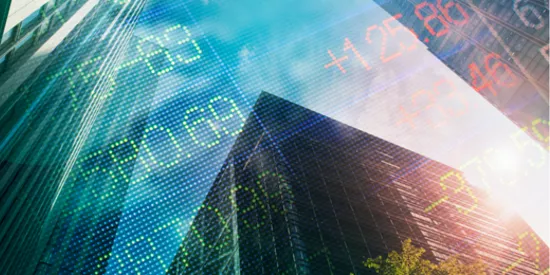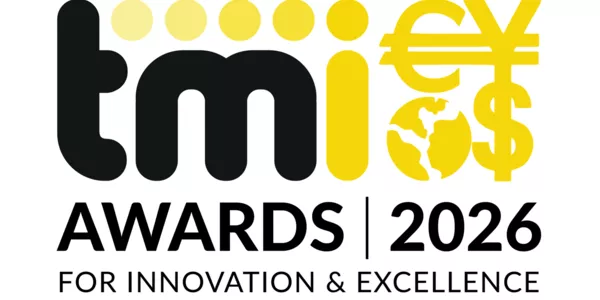
ESG Rating & ESG Rating Advisory
What is ESG rating?
Environmental, social and governance (ESG) information on listed companies is increasingly requested by investors and regulators.
ESG rating is an evaluation that certifies the soundness of an issuer, a security or a fund from the point of view of environmental, social and governance performance. Complementary to traditional rating (credit risk assessment), its aim is to increase the information available and therefore to improve the resulting evaluation and investment choices.
Today, “financial” data are no longer the only data analyzed. On the contrary, ESG factors become more and more important, as they play a fundamental role in determining the risk and return on investment.
A good ESG rating can help companies attract investments and reduce financing costs.
Extra-financial rating companies
There are several ESG rating systems set up by different rating agencies. Some of these rating systems are based on ESG performances, while others are based on ESG risks. Examples include: MSCI, FTSE Russell RobecoSAM, Bloomberg ESG Disclosures Scores, S&P Global ESG Scores.
ESG Rating Methodology: In order to evaluate the ESG rating, agencies use a multitude of information: company publications, government databases, media, and NGOs or other stakeholders. A questionnaire can also be used to collect additional information from companies.
What is ESG rating advisory?
The objective of the ESG rating advisory is to help the company highlight its strengths and to assist it on its weaknesses. For this, the department will need to know the methodologies used by the different ESG rating agencies.
For example:
• MSCI measures 37 criterias, including carbon emissions, e-waste, data privacy and security, chemical safety and tax transparency.
• Vigeo Eiris analyzes up to 38 different criterias framed by 40 sector-specific templates. The 38 criteria take into account the fact that different companies face different challenges, assigning each criterion a varying weighting for each sector.
Our latest news and insights

Structured products are resurging as higher interest rates and better digital tools make capital‑protected and clearly...

As part of the 2026 TMI Awards for Innovation & Excellence, Societe Generale is proud to have won the Technology &...

Northern Virginia’s “Data Center Alley” remains the leading hub for hyperscale data centers in the US, but rising AI...